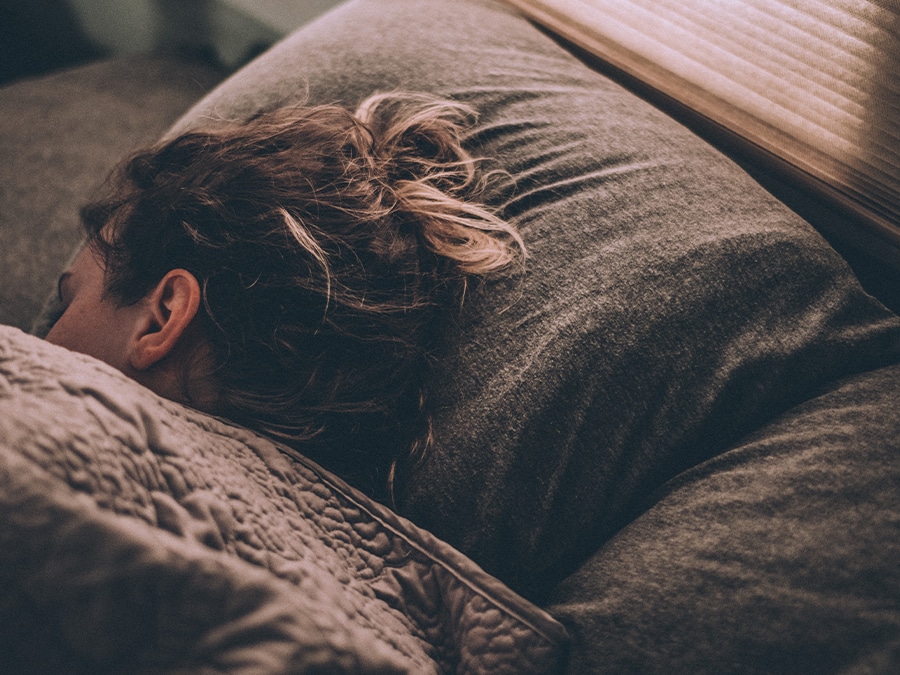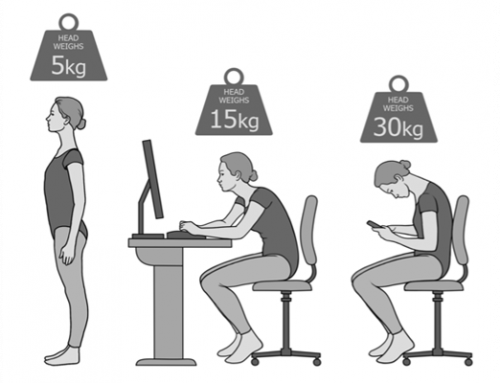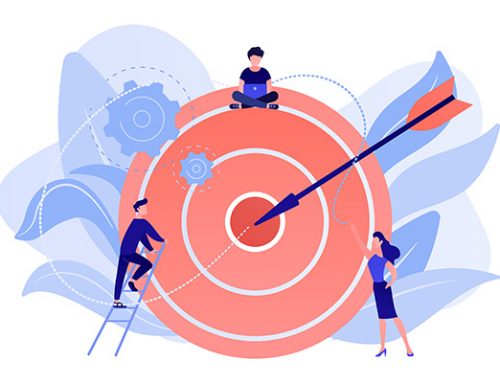When it comes to recovering from pain and injury, or just to improve your overall health, there is no argument that getting good quality sleep is one of the most important things you can do. Here are some of the scientifically proven benefits of good sleep quality:
- Anti-ageing (physical and mental)
- Enhanced memory and learning
- Boosted creativity
- Help with metabolism and body weight
- Reduced cancer and dementia
- Regulated insulin and blood glucose levels
- Reduced risk of heart attacks, stroke and diabetes
- Enhanced mood and happiness
- Appetite regulation and gut health
- Accurate pain perception
- Boosted immune system
- Reduced anxiety and depression
You: Thanks NECKspert, but getting 8 hours of quality sleep is easier said than done. I can’t fall asleep quickly and I can’t help waking up multiple times per night. The only way I sleep through is if I take sleeping pills.
Me (NECKspert): You’re not wrong – it can be a real challenge for many people to sleep well. But I promise that if you follow my plan below, you will dramatically improve the quality and duration of your sleep.
Below I have mapped out your 11-point plan for optimal sleep. My advice is to make a copy of this plan and use it as a nightly checklist. Put it somewhere visible so that you can read through it as the sun starts to set in the evening and review it daily until it becomes second nature.
- Lighting: Artificial lighting impacts your circadian rhythm (which is one of the things that determines sleep), so as the sun sets you should dim any bright lights, turn on soft lamps and light candles. Replace any bright white light bulbs with warm, low-intensity bulbs. This will tell your brain that night is here so that it can begin melatonin release at the right time, meaning you’ll get off to sleep easier. You should also remove any artificial lights from your bedroom, such as alarm clocks, and block outside lights with black-out curtains (if you don’t have any external streetlights then it can be nice to leave curtains open, so sunlight enters in the morning).
- Equipment: Make sure you have a good quality pillow and mattress, such as the Ecosa Spending 8-hours per night on the wrong pillow or mattress will have a very negative impact on your sleep. www.ecosa.com.au/neckspert
- Reduce screen time: If you’re really serious about optimising your sleep then you should ideally cut out all computer, smartphone, tablet and television use at night in order to minimise blue light exposure. If that is unrealistic, apply ‘night-shift’ filters to your devices to minimise blue light exposure. There are also great options for glasses that filter out blue light.
- Read a book before bed: Reading is a very relaxing and therapeutic pre-sleep activity as it can distract your mind from focusing on the stresses in your own life. How you read is very important though. One study looked at the impact of 2 hours of reading on a tablet/device before bed versus 2 hours of reading a paper book. The results were dramatically different: reading with a tablet instead of a paper book resulted in a 50% reduction in melatonin release, as well as a 3-hour delay in melatonin release. It took tablet users longer to fall asleep, they had reduced REM sleep, were more tired the next day, and they had an ongoing lag in rising melatonin levels for several days after tablet use ceased (digital hangover).
- Temperature: The optimal room temperature for sleeping is 18 degrees Celsius, so if you sleep with air-conditioning then set it to this. You need your core body temperature to cool by one degree to initiate sleep, and a helpful trick is to have a warm shower or bath just before bed. The body will create an internal cooling response due to the hot water, drawing blood to the surface of your skin, which cools your core body temperature. Having a warm shower or bath before bed makes you fall asleep faster and can give you 10–15% more NREM sleep.
- Go to bed and wake up at the same time daily: Research has shown that this is one of the most important aspects of high-quality sleep, so try to resist the urge to have long lie-ins at the weekend. If life permits (e.g. work, kids, commitments), also try and match your sleep times to your chronotype. For example, if you are a night owl, perhaps you can negotiate with your employer about starting and finishing work later or have a discussion with your spouse about your preference for doing school pick-up rather than drop-off.
- Stress management: Your own mind can be one of your biggest barriers to sleep. Before bed, write down a to-do list for the following day so that you can clear your head for the night. You should then spend 5–10 minutes doing a mindfulness activity like following your breath or a relaxing body scan. You can use the audio-guided mindfulness recordings from my website: neckspert.com.au/resources
- Exercise: There are many benefits to your sleep from regular exercise, such as an increase in deep NREM sleep, improved sleep quality and duration, and reduced time to fall asleep. Sleep also has a big influence on exercise capacity, with poor strength and fitness results seen after inadequate sleep. Sleep and exercise feed each other, with regular exercise leading to better sleep, but good-quality sleep also increasing your likelihood of regular exercise due to having more energy. Important tip: don’t exercise right before bed as your core temperature will be too high. You should finish training 2–3 hours before bed.
- Caffeine: The half-life of caffeine is 6 hours, meaning half of the drug quantity is still in your system 6 hours after you ingest it (and that it can take up to 12 hours to be completely removed). Given this, you should avoid caffeine after midday, or remove it from your diet altogether. Try switching to herbal teas or soda water with fresh lemon as an alternative.
- Alcohol: Alcohol prevents you from entering REM sleep. You should always aim to go to sleep with a blood alcohol concentration of zero. It takes approximately 1 hour for your liver to process one standard drink, so if you are having a drink at night, ensure you give your body enough time to clear it from your system before hitting the hay. An even better solution is to swap your wine or beer for a non-alcoholic alternative, at least on the majority of nights.
- Diet: Avoid going to bed too full or too hungry as this can impact sleep quality. A lower carbohydrate diet has been shown to result in better sleep, so reduce your carbohydrates and increase fibre intake at dinner. Getting up to urinate multiple times per night is a common cause of sleep disturbance, so reduce your liquid intake before bed. There are a number of natural herbal supplements that can assist in sleep quality, without the negative side-effects of sleeping pills. I will discuss these in the next section on supplements.
You now have all the skills you need to drift away to the land of nod each night… bonne nuit!






